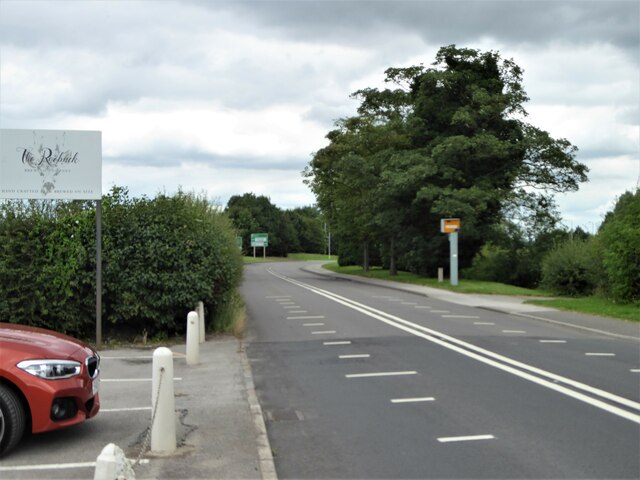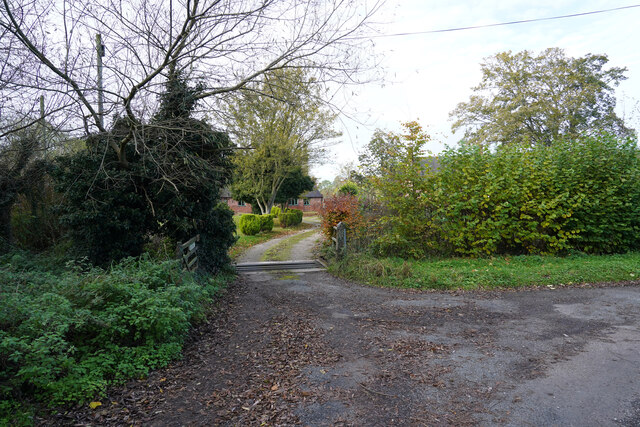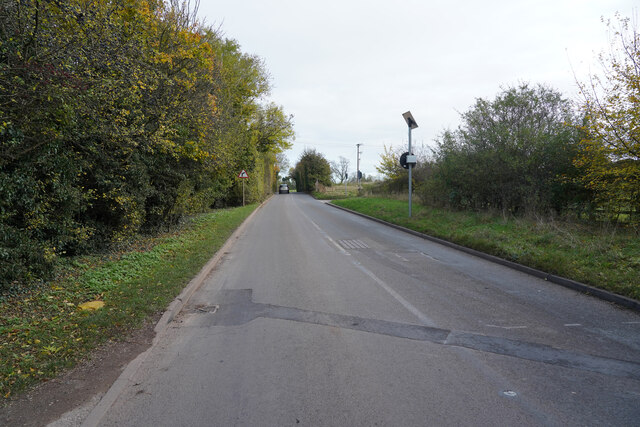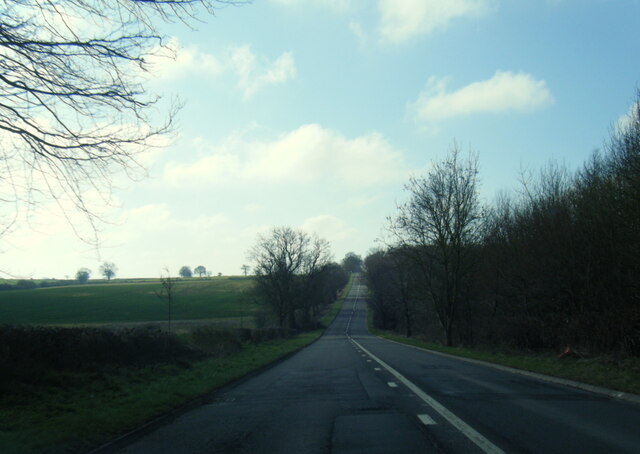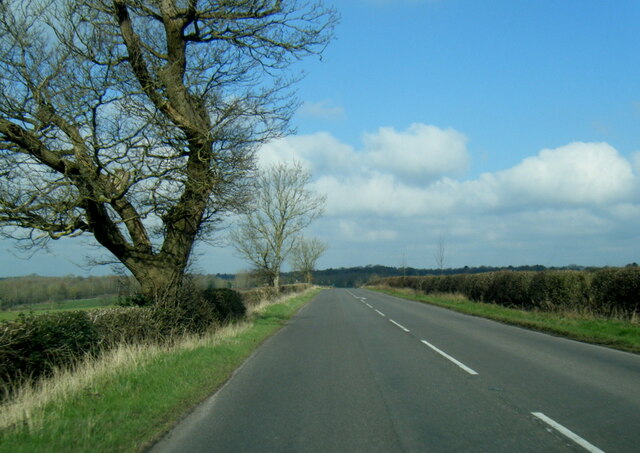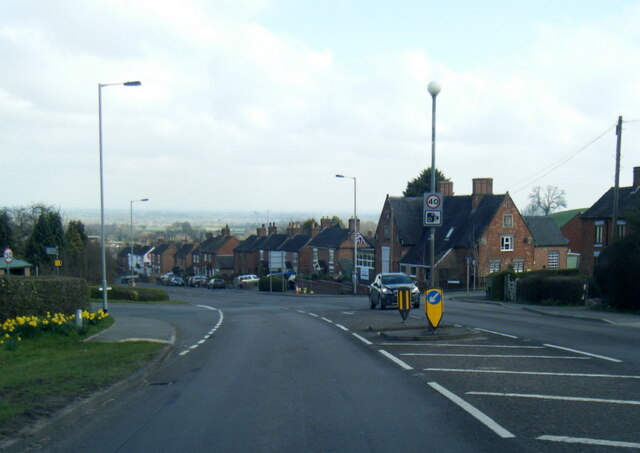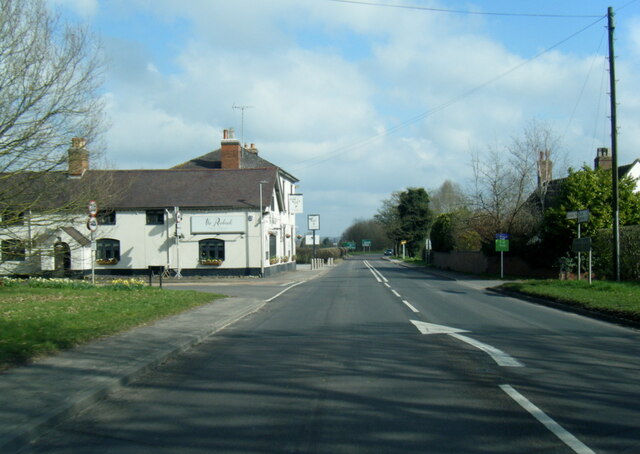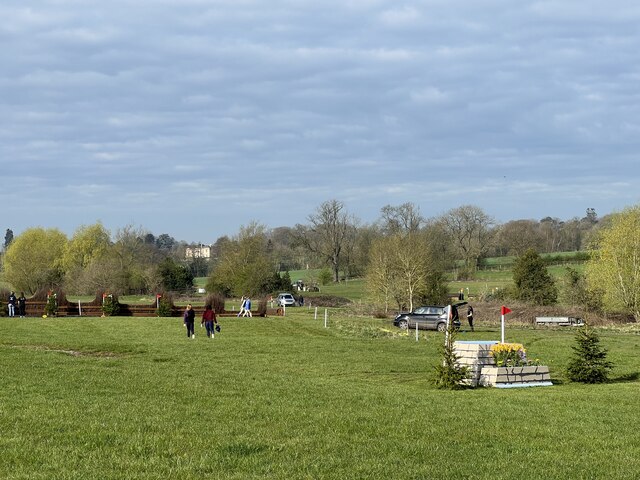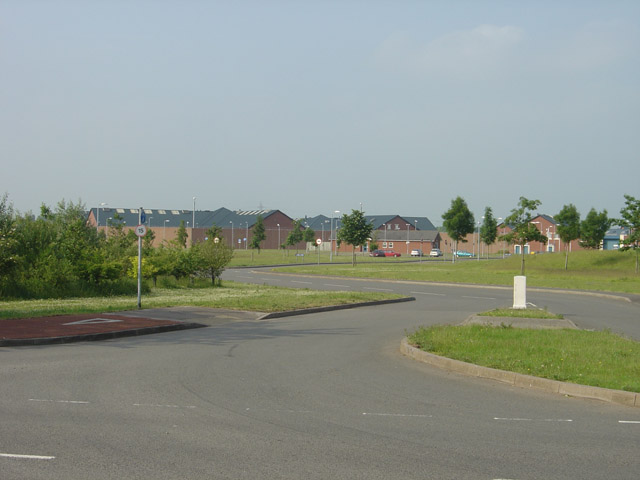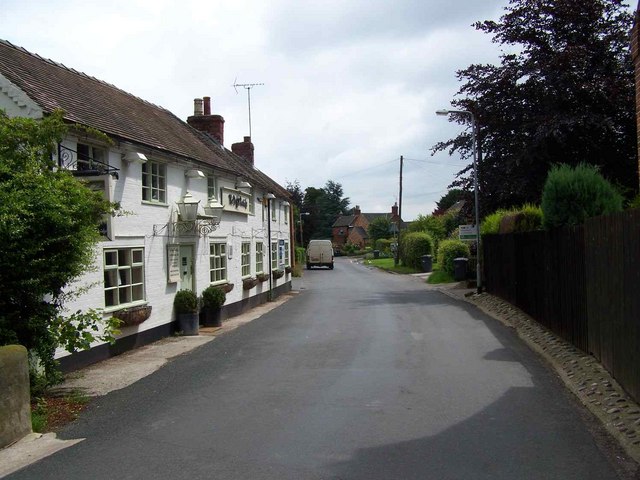Bank Top
Settlement in Staffordshire East Staffordshire
England
Bank Top
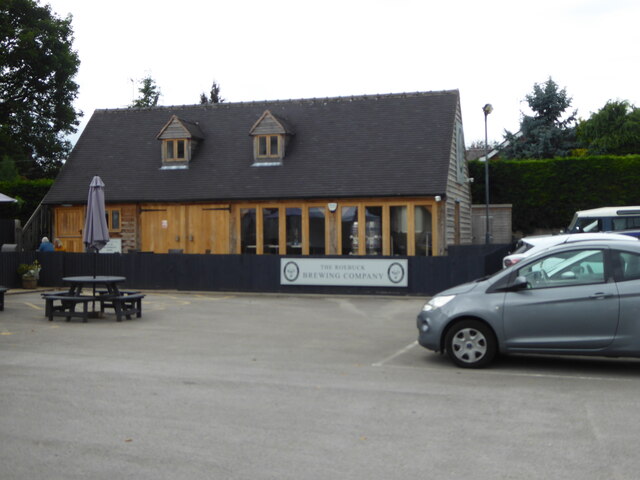
Bank Top is a small village located in the county of Staffordshire, England. Situated in the West Midlands region, it lies approximately 4 miles to the southeast of the town of Leek and 11 miles to the northeast of the city of Stoke-on-Trent. The village is nestled within the picturesque countryside of the Staffordshire Moorlands, offering stunning views and a tranquil setting.
Bank Top is known for its rural charm and close-knit community. The village is characterized by its traditional stone-built houses, which add to its quaint and idyllic atmosphere. The local population consists of a mix of families, retirees, and individuals who appreciate the serenity and beauty of the countryside.
Although small in size, Bank Top offers a range of amenities for its residents. These include a village hall, a primary school, a post office, and a local pub. The village is also well-served by public transportation, with regular bus services connecting it to nearby towns and cities.
The surrounding area of Bank Top provides numerous opportunities for outdoor activities and exploration. The Staffordshire Moorlands offer ample hiking trails, cycling routes, and nature reserves, making it a haven for outdoor enthusiasts. The nearby Peak District National Park is also within easy reach, providing further opportunities for adventure and outdoor pursuits.
Overall, Bank Top is a charming village that offers a peaceful and close-knit community in a beautiful rural setting. It is an ideal place for those seeking a slower pace of life and a connection with nature.
If you have any feedback on the listing, please let us know in the comments section below.
Bank Top Images
Images are sourced within 2km of 52.854526/-1.7832295 or Grid Reference SK1428. Thanks to Geograph Open Source API. All images are credited.
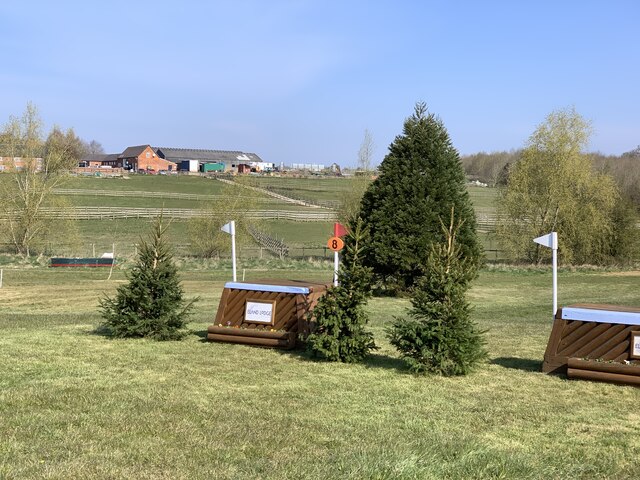
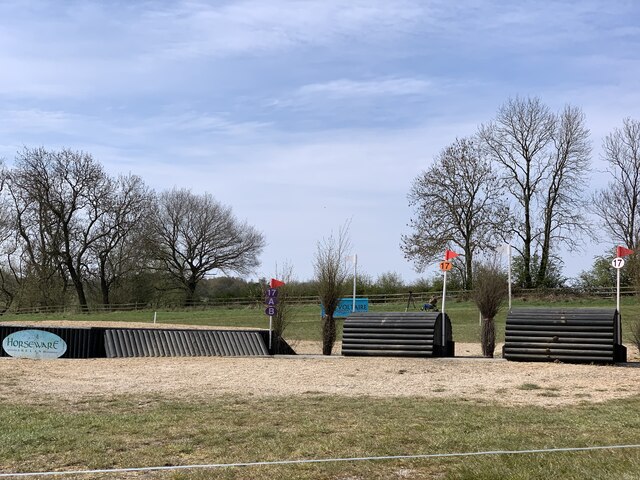
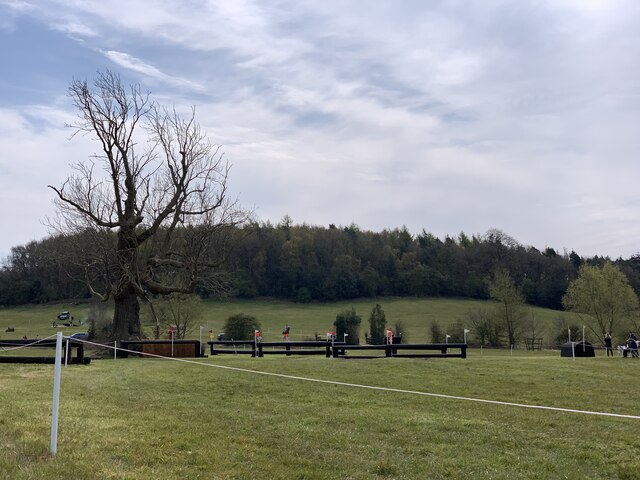
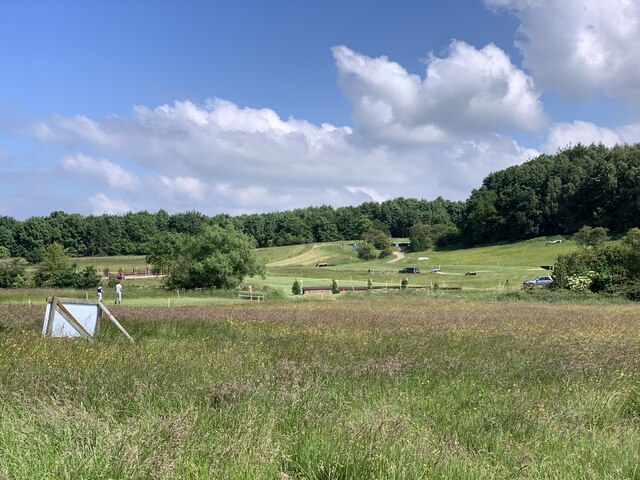
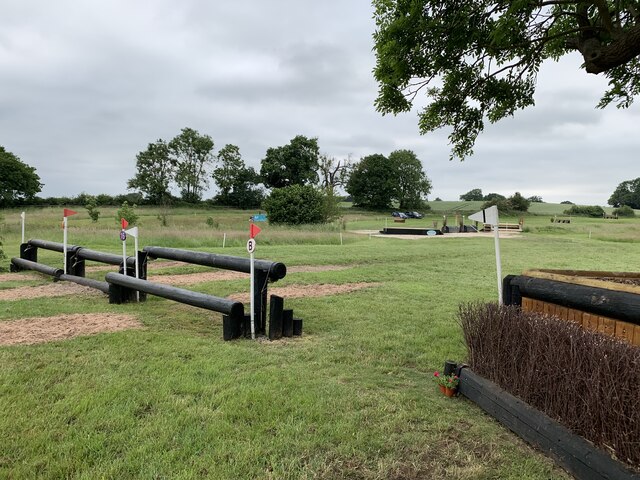
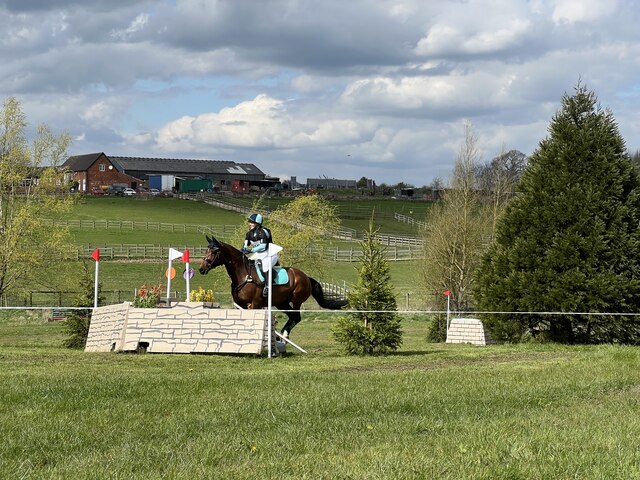

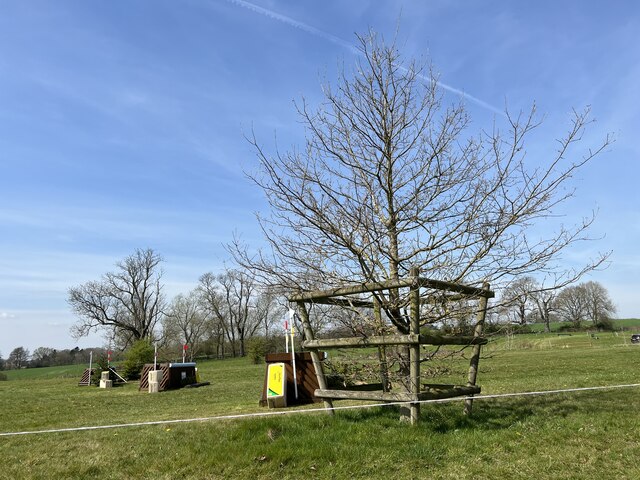
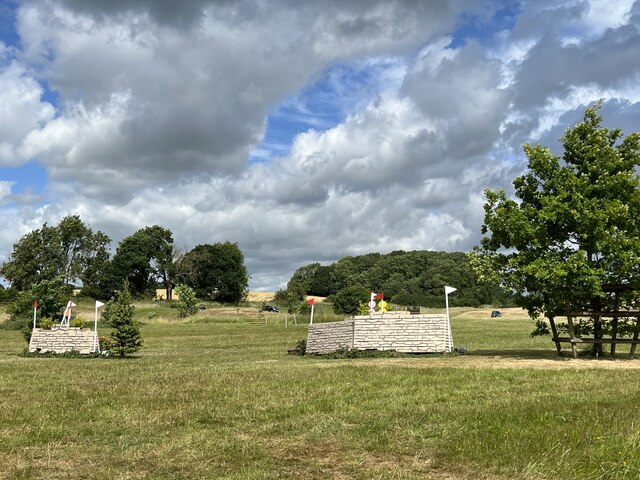
Bank Top is located at Grid Ref: SK1428 (Lat: 52.854526, Lng: -1.7832295)
Administrative County: Staffordshire
District: East Staffordshire
Police Authority: Staffordshire
What 3 Words
///notes.forced.crafts. Near Doveridge, Derbyshire
Nearby Locations
Related Wikis
Related Videos
Mission HMP Dovegate 2006 - Photo's
Photo's taken at Mission Dovegate 2006. The first ever Christian Mission to be held in a prison in the UK, during the 3 missions ...
DRAYCOTT IN THE CLAY: East Staffordshire Parish #4 of 38
EAST STAFFORDSHIRE PARISH #4: DRAYCOTT IN THE CLAY For the second time on the channel we hit a place with the name ...
MARCHINGTON: East Staffordshire Parish #3 of 38
EAST STAFFORDSHIRE PARISH #3: MARCHINGTON Marchington is a small village in East Staffordshire, lying between the ...
TRIP TO ELAND LODGE HUNTER TRIALS | Supporting friends | XC
Just a quick video of visiting Eland Lodge. I'd never been before so it was great to have a look around and support to ladies from ...
Nearby Amenities
Located within 500m of 52.854526,-1.7832295Have you been to Bank Top?
Leave your review of Bank Top below (or comments, questions and feedback).
